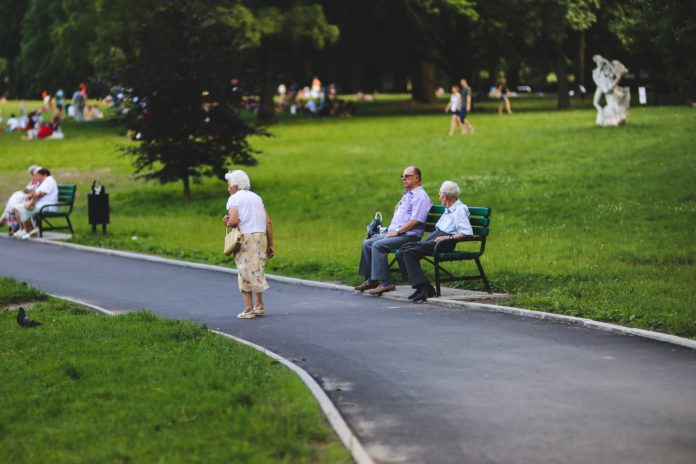Living in a green surrounding lowers mental stress, study shows
Recent plans to ‘redevelop’ government residential colonies in south Delhi by felling trees created a lot of furore among citizens. A new study has now shown greening vacant surroundings can be an important and inexpensive tool to address mental health in urban communities
Greening vacant urban land significantly reduces feelings of depression and improves overall mental health for the surrounding residents, researchers from the Perelman School of Medicine and the School of Arts & Sciences at the University of Pennsylvania found. The study was published in JAMA Network Open. Some surveys suggest that the incidence of depression in the Indian population is 2.7%.
Researchers found that people living within a quarter of a mile radius of greened lots had a 41.5 percent decrease in feelings of depression compared to those who lived near the lots that had not been cleaned. Those living near green lots also experienced a nearly 63 percent decrease in self-reported poor mental health compared to those living near lots that received no intervention.
The findings add to the growing body of evidence showing how revitalized spaces in blighted urban areas can help improve safety and health, such as reducing crime, violence, and stress levels. A recent study from the same team in February had also found up to a 29 percent reduction in gun violence near treated lots.
Results were most pronounced in the neighborhoods below the poverty line, with feelings of depression among residents who lived near green lots decreasing significantly–by more than 68 percent
“What these new data show us is that making structural changes, like greening lots, has a positive impact on the health of those living in these neighborhoods. And that it can be achieved in a cost-effective and scalable way – not only in Philadelphia but in other cities with the same harmful environmental surroundings,” said lead author Eugenia C. South, MD, MSHP, an assistant professor of Emergency Medicine and a member of the Center for Emergency Care and Policy Research at Penn.
In this trial, 541 vacant lots throughout Philadelphia were randomly assigned to one of three study arms: greening intervention, a trash clean-up intervention, or a control group with no intervention.
Results were most pronounced in the neighborhoods below the poverty line, with feelings of depression among residents who lived near green lots decreasing significantly–by more than 68 percent.
“While mental health therapies will always be a vital aspect of treatment, revitalizing the places where people live, work, and play, may have broad, population-level impact on mental health outcomes,” added the authors.


